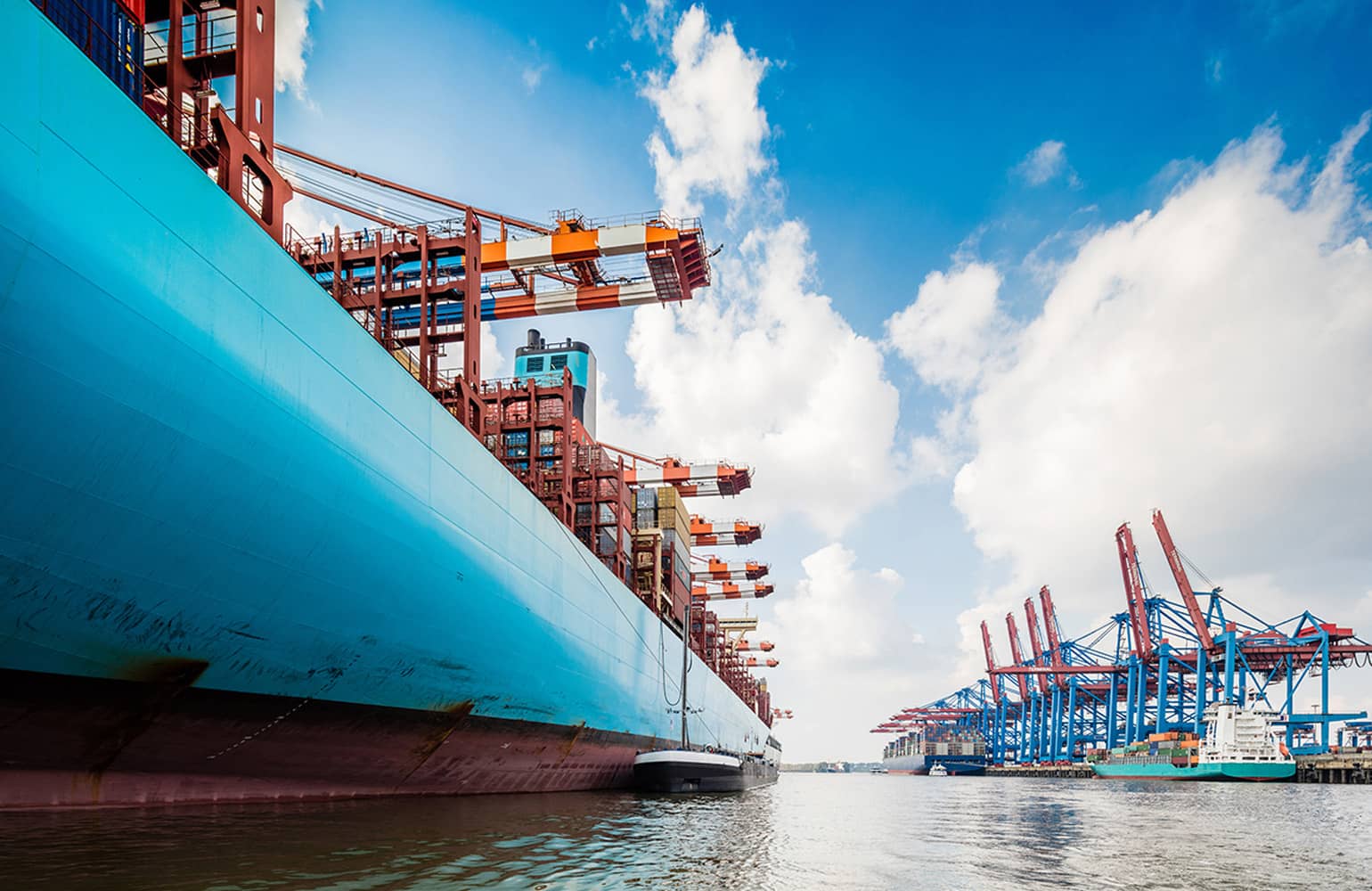Main Goals of International Logistics
The main goals of international logistics are, by and large, like any business logistics process: to ensure efficient and reliable operations that run smoothly and predictably while driving down costs and reducing uncertainty. Beyond that, good international logistics management can yield improved relationships with customers, partners and even with prospects. Let’s go through these goals one at a time.

Cost efficiency.
This is usually the first goal that prompts businesses to focus on optimizing international logistics. Doing business across international borders can be expensive. There are multiple tax regimes to understand and manage, tariffs and other costly requirements, and the costs of long-distance shipping. These costs add up. By all the cost structures and options, from international real estate opportunities to regulatory frameworks, understanding businesses can respond to a complex and sometimes changing constraints to reduce costs. This is where casting a wide net and attention to detail matter.
Reliability.
With international logistics, one misunderstanding of a local rule could result in an entire shipment being unusable (for example, if it gets confiscated or a perishable shipment is turned away or stalled). More common threats to timeliness and predictability also loom, from delays in processing and mistakes in filling out forms to last-minute changes in import, export or travel policies. Having dedicated people, services, and technology to spot and respond to these threats to reliability can go a long way toward making an international operation more dependable. In some cases, “reliability” is just another way of saying “viability” because, without this, some businesses wouldn’t be able to survive.

Relationships.
Building a good international logistics operation often means making friends in many places. And when you have a reliable, efficient operation, it’s easier to build friendships. Growing businesses that pay their bills on time are a favorite of suppliers. Being the company that gets customers what they need, when they need it, at a fair price builds loyalty, especially when competitors are struggling. In some cases, an international supply chain may be the one competitive advantage that attracts customers, especially for product categories where offerings have low differentiation. Multiple office supply stores have gone out of business over the last few decades, for example, while those that remain have done so on the back of logistical expertise. They can get customers not only what they need but also when and where they need it, with comparatively high reliability.
Components of international logistics management.
There are many ways to break down the components of managing international logistics:
- All the different tasks a logistics manager faces in a day.
- The different parts of the supply chain, from sourcing to production to storing to distribution to sales and delivery.
- The people, objects, data and financial resources a business needs to do it well.
But perhaps the most helpful approach for a business just starting in international logistics is to consider that it is all in service of a common goal: doing a good job for customers.
